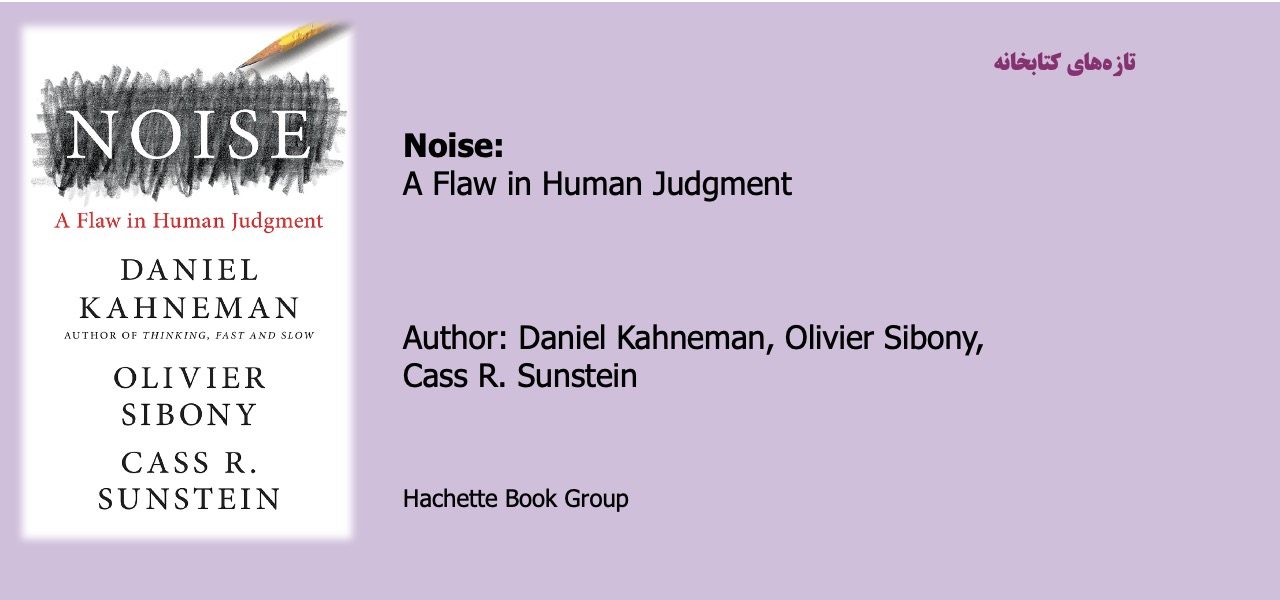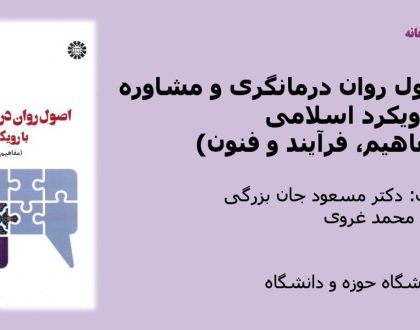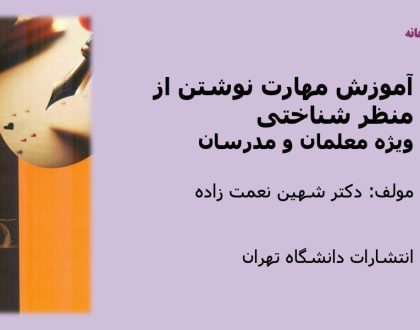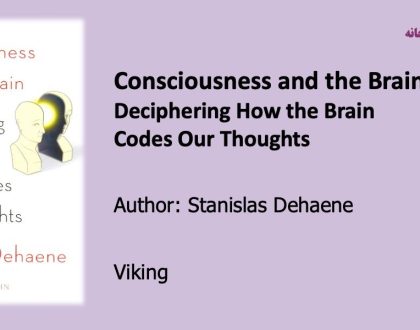Noise: A flaw in Human Judgment

It is not acceptable for similar people, convicted of the same offense, to end up with dramatically different sentences say, five years in jail for one and probation for another. And yet in many places, something like that happens.
To be sure, the criminal justice system is pervaded by bias as well. But our focus in chapter 1 is on noise and in particular, on what happened when a famous judge drew attention to it, found it scandalous, and launched a crusade that in a sense changed the world (but not enough). Our tale involves the United States, but we are confident that similar stories can be (and will be) told about many other nations.
In some of those nations, the problem of noise is likely to be even worse than it is in the United States. We use the example of sentencing in part to show that noise can produce great unfairness. Criminal sentencing has especially high drama, but we are also concerned with the private sector, where the stakes can be large, too. To illustrate the point, we turn in chapter 2 to a large insurance company.
There, underwriters have the task of setting insurance premiums for potential clients, and claims adjusters must judge the value of claims. You might predict that these tasks would be simple and mechanical and that different professionals would come up with roughly the same amounts. We conducted a carefully designed experiment—a noise audit—to test that prediction.
The results surprised us, but more importantly they astonished and dismayed the company’s leadership. As we learned, the sheer volume of noise is costing the company a great deal of money. We use this example to show that noise can produce large economic losses. Both of these examples involve studies of a large number of people making a large number of judgments. But many important judgments are singular rather than repeated: how to handle an apparently unique business opportunity, whether to launch a whole new product, how to deal with a pandemic, whether to hire someone who just doesn’t meet the standard profile.
Can noise be found in decisions about unique situations like these? It is tempting to think that it is absent there. After all, noise is unwanted variability, and how can you have variability with singular decisions?
مطالب مرتبط

اصول روان درمانگری و مشاوره با رویکرد اسلامی (مفاهیم، فرآیند و فنون)
۲۶ / بهمن / ۱۴۰۳

آموزش مهارت نوشتن از منظر شناختی
۲۶ / بهمن / ۱۴۰۳


